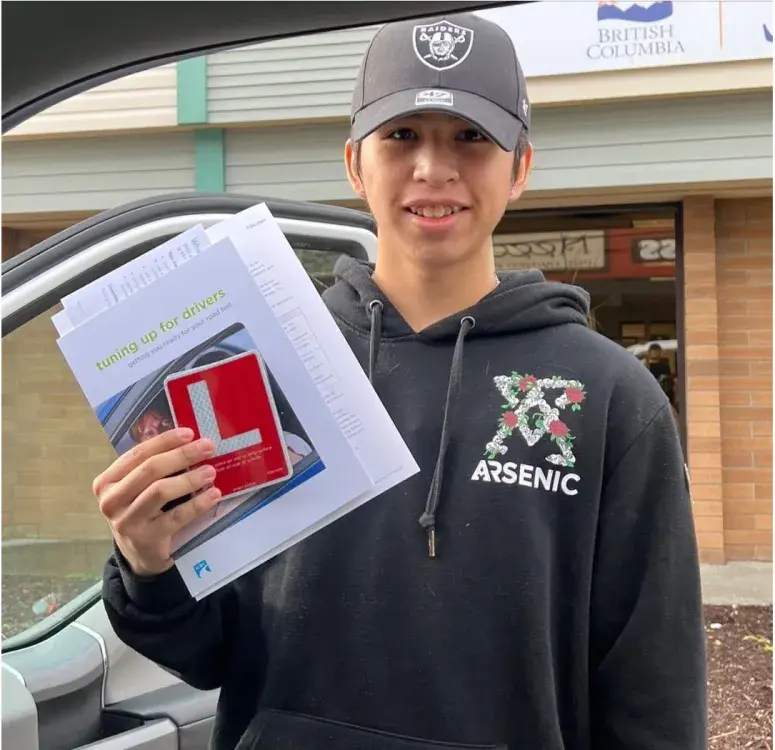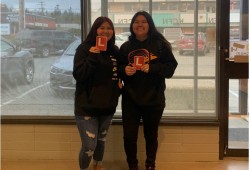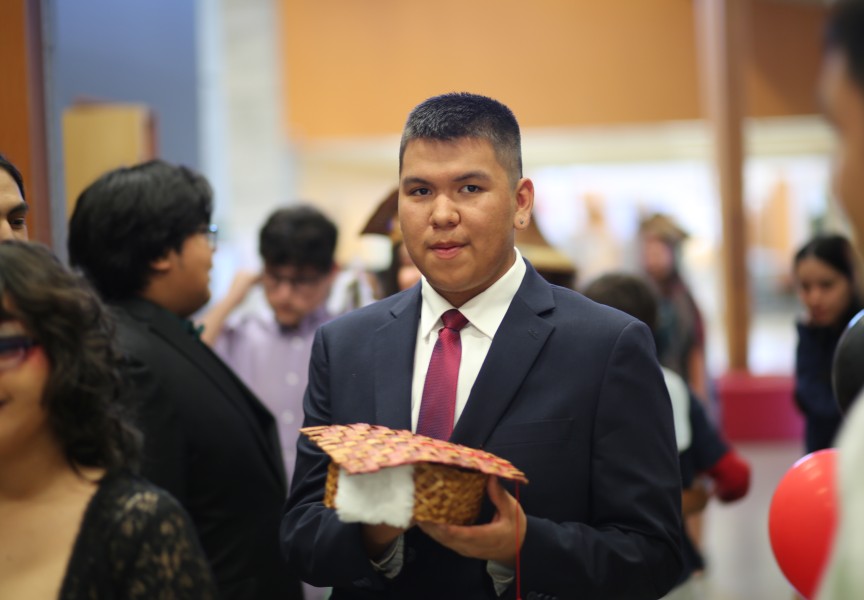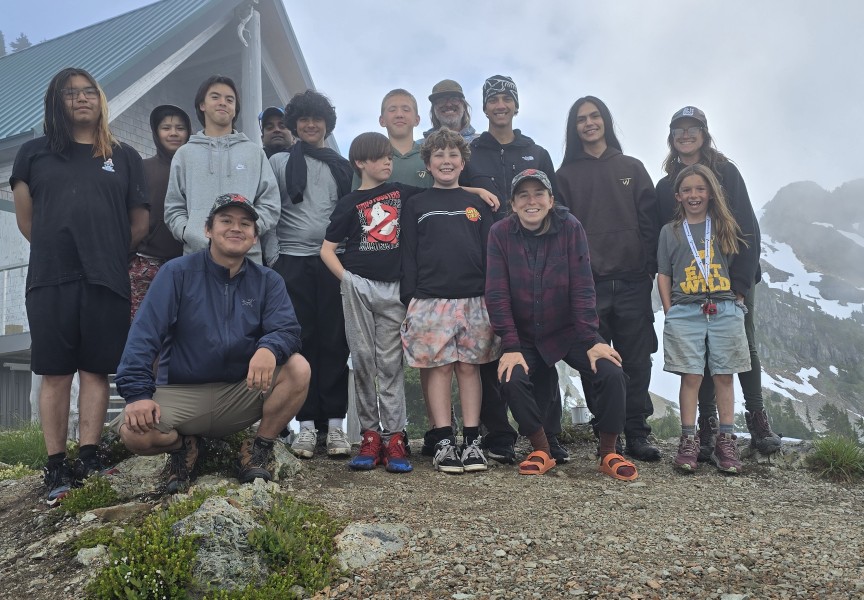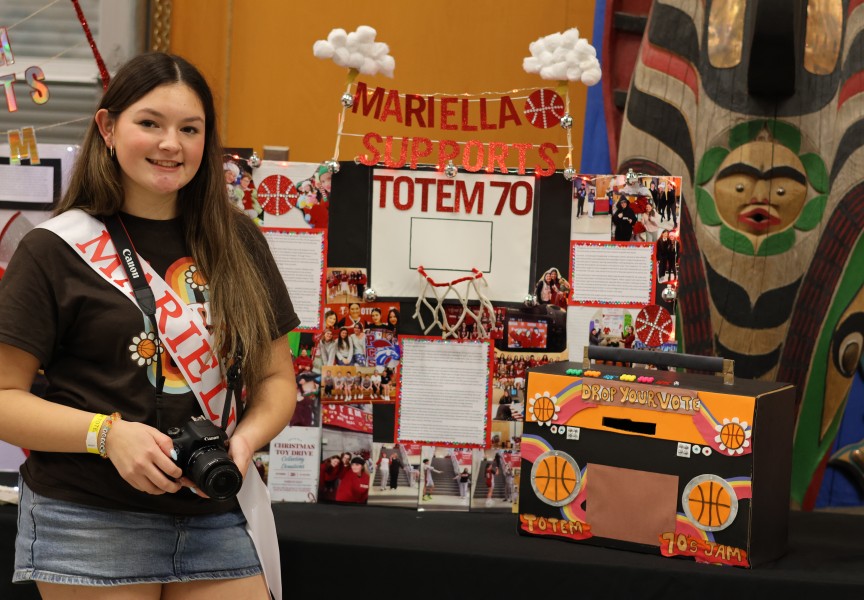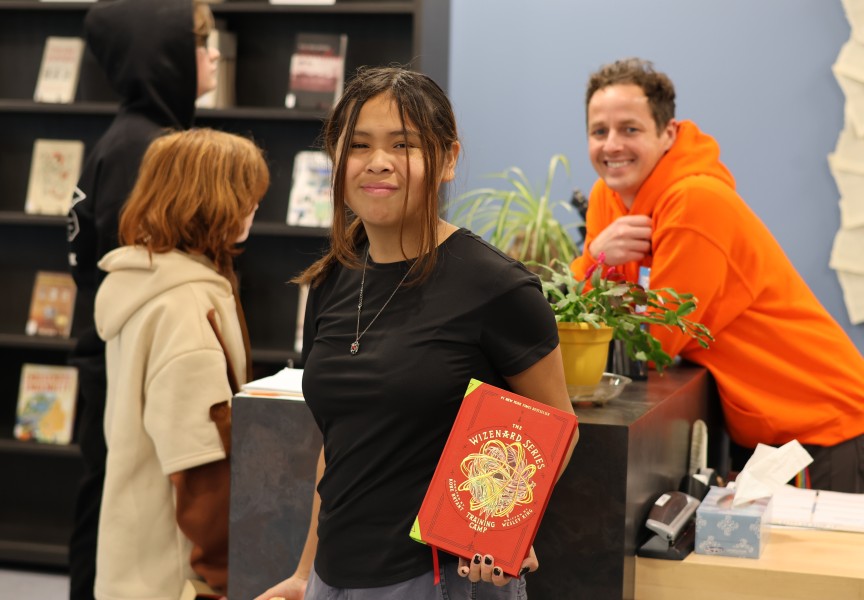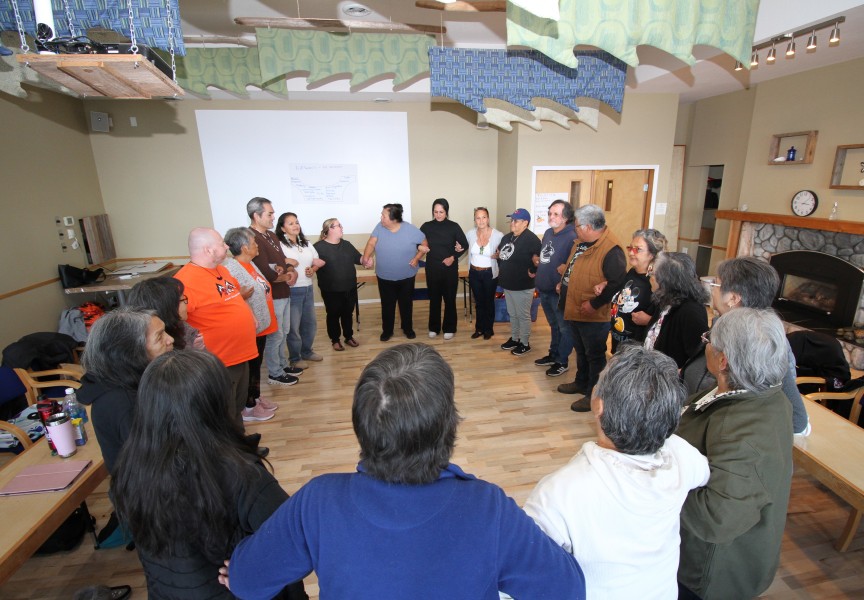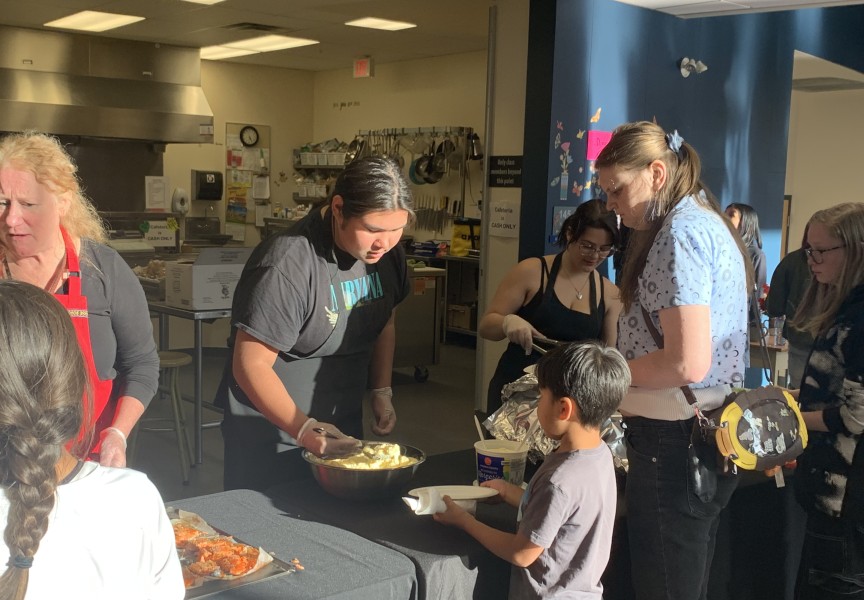Funding from the provincial government will help people in remote Nuu-chah-nulth communities obtain drivers’ licences and navigate the ICBC system.
The Nuu-chah-nulth Youth Warrior Family Society is receiving $20,000 that will be used to run phase three of their Sacred Circles Driver Licensing Pilot program to support Indigenous people in rural and remote communities in getting their drivers licences.
New Democrat MLA Josie Osborne says people in the Nuu-chah-nulth communities will benefit from support for a local driver training initiative, thanks to another year of Vision Zero grants that fund projects that help prevent serious injuries and deaths on the road.
“This pilot program will help support and empower young people in the Nuu-chah-nulth Youth Warrior Family Society,” said Josie Osborne, MLA for Mid Island-Pacific Rim, in a press release. “I’m pleased this funding is able to help this program run and serve the community.”
The Sacred Circles Driver Licensing Pilot program began in 2021. Ricardo Manmohan, board member with the Nuu-chah-nulth Youth Warrior Family Society, said the program was created after seeing a need in remote communities for individuals to get to and from work safely.
“Nine years ago we started the warrior program. It was a bunch of 12 and 13-year-old boys back then and then a few years later these young people had a whole bunch of skills and now they’re getting offered jobs…but they can’t get to work,” Manmohan said. “That’s what drew us into addressing this need for drivers’ licencing in general.”
Now in phase three, the program began with a first phase of helping individuals get behind the wheel with a driving instructor to learn the basics of operating a vehicle. Through that phase, Manmohan said it became clear people needed more help than just driving lessons.
“We actually saw that the bigger gap was driving prohibitions, being able to know where you stand with insurance… if you’ve got penalties against you and even just identification. We actually ended up having to do a phase two,” Manmohan said.
Phase two included assisting individuals with obtaining identification, learner’s permit training and preparing for and taking a driver’s test.
“Now we’ve moved into phase three which is really looking at removing the barriers of having representation,” Manmohan said. “We’ve been working with the youth justice workers as well as RoadSafetyBC and ICBC to try to create ways for advocates to support the people in need
of advocacy, the community members that don’t know how to navigate the ICBC system.”
Funding from the province will allow Manmohan along with partners from RoadSafetyBC and ICBC to travel to remote Nuu-cah-nulth communities for community engagement purposes.
Although the program was created out of a need from the youth warrior members, Manmohan and his team will help individuals of any age with navigating ICBC and licencing processes.
“We’re trying to pilot this navigator type role so we can help people in the villages to remove those barriers,” Manmohan said. “We’re still doing a [learner’s permit] prep course when the needs arise, but now we’re focused on trying to help ICBC to create a way for us to advocate for people, for community members who need a champion in their corner.”
A phase two report on the Sacred Circles Driver’s Licencing Initiative states seven Nuu-chah-nulth nations participated in the pilot program, 19 youth and four adults were supported to get identification and three weeks of driving lessons were offered in remote First Nations communities.
In addition, 18 out of 20 individuals who participated in the program passed a remote learner’s permit test in Kyuquot in January 2023 and 17 out of 19 passed in November of 2023. Seven out of eight individuals passed in Port Alberni in June 2023. There was a total of 47 successful L-tests and 15 successful road tests during a six-month phase.
For the third year in a row, Vision Zero grants have been awarded to communities around British Columbia to improve road safety. A total of $866,657 has gone to 53 projects in 56 communities, including 22 projects in First Nations communities.

